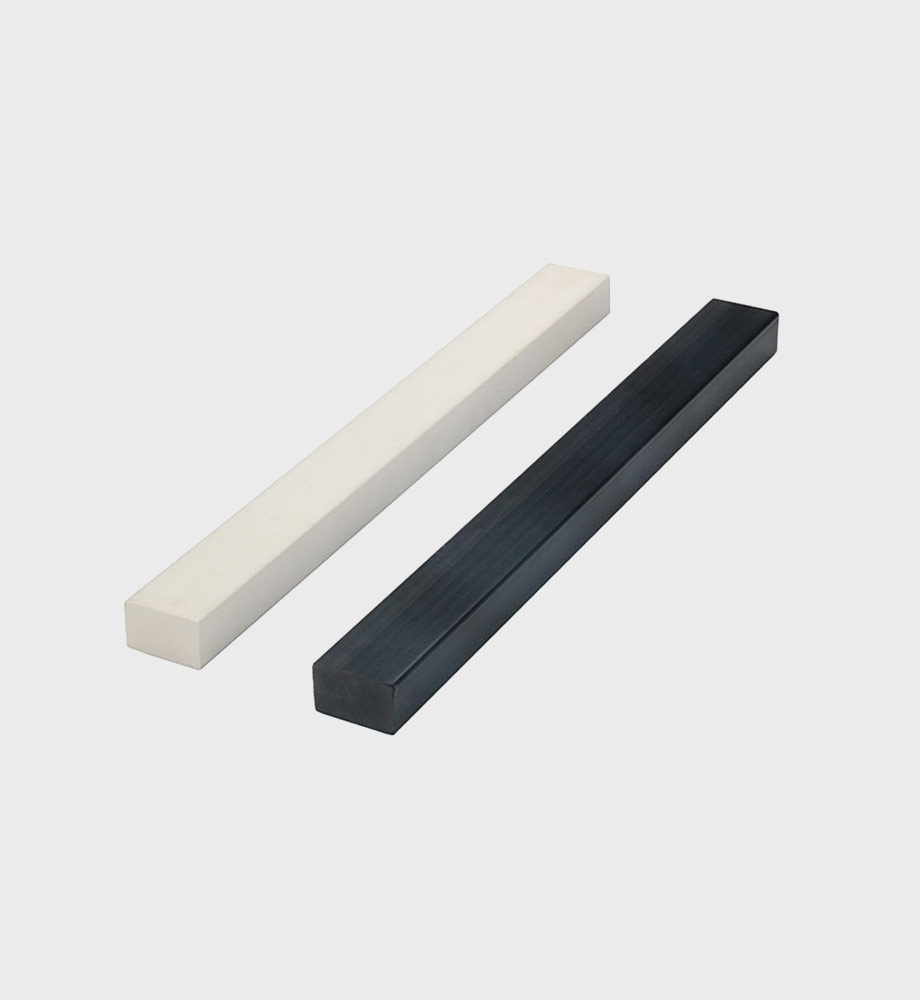Key Features
- Uniform cross-section (solid fiber content throughout)
- Very high tensile strength (on par with steel rebar of same diameter)
- Chemically inert (won’t corrode in saltwater or acidic environments)
Benefits
- Ideal for connecting joints, as rebar, or as axles (no corrosion or electrical conduction)
- Machinable into parts (can be tapped, cut or turned like metal)
- Consistent dimensional stability (no grain like wood, no creep under load)
Applications
- Reinforcement rods in FRP-reinforced concrete or decking
- Shaft and dowel pins in machinery (non-metallic, no lubrication needed)
- Decorative poles or poles for small structures (e.g. tent frame, sports netting posts)
Technical Specifications
- Diameters from ~6 mm to 50 mm are common, up to 100 mm on special order
- Typical density ~1.8 g/cm³, tensile strength ~300–400 MPa (glass FRP)
Unique Selling Points (USPs)
- Eliminates galvanic corrosion (no metal-to-metal contact issues)
- Lightweight alternative for rod applications (easy to handle and cut)

